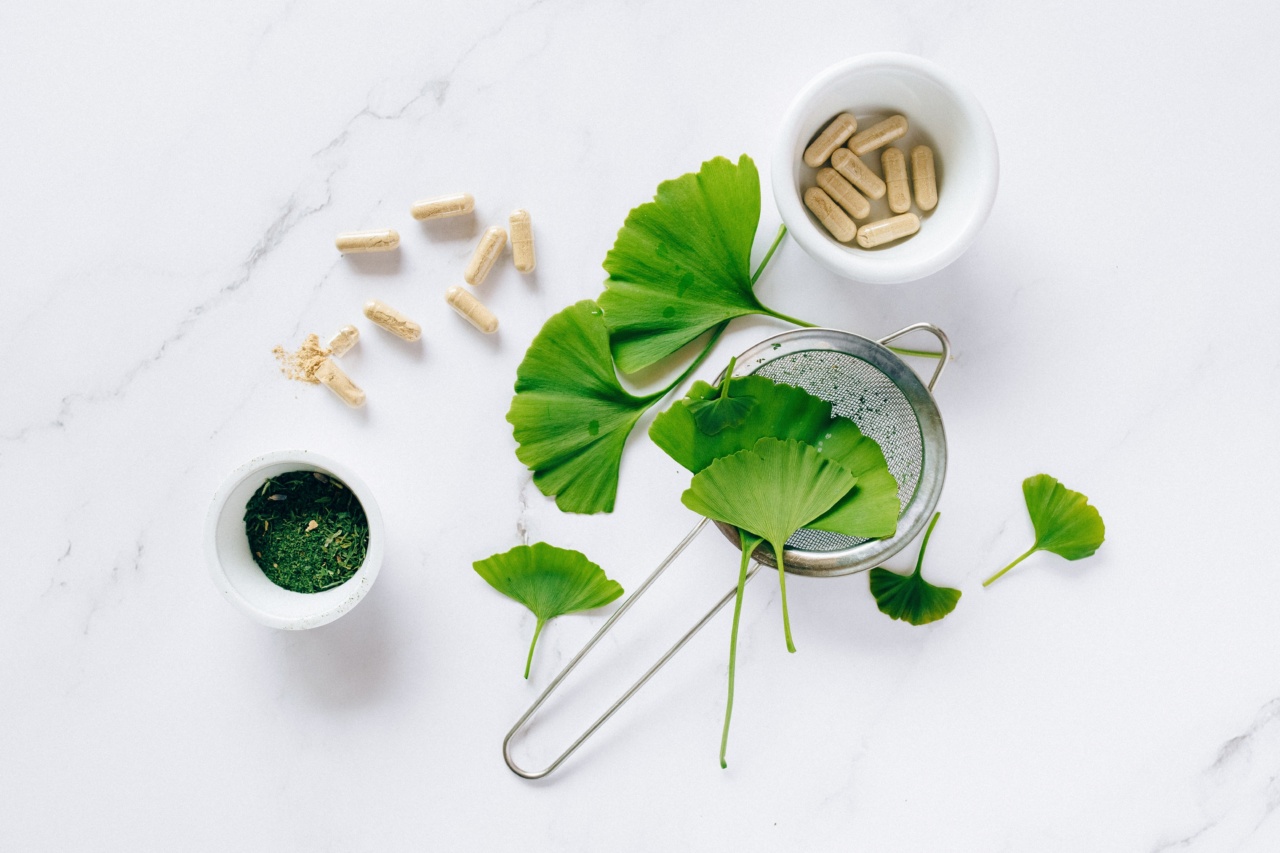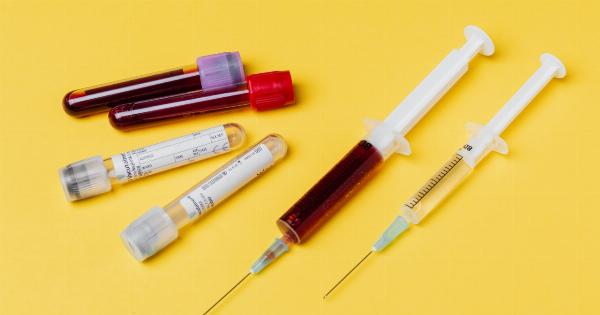Hypertension, commonly known as high blood pressure, affects millions of people worldwide and is a significant risk factor for cardiovascular diseases.
Antihypertensive medications are often prescribed to lower blood pressure and reduce the risk of complications. However, these medications can come with potential side effects and may not be suitable for everyone. Fortunately, there are natural approaches that can be just as effective in managing hypertension.
In this article, we will explore ten natural methods that can rival antihypertensive medications.
1. Regular Exercise
Regular physical activity is an excellent way to reduce blood pressure naturally.
Engaging in aerobic exercises such as walking, jogging, swimming, or cycling for at least 30 minutes most days of the week can help lower both systolic and diastolic blood pressure. Exercise strengthens the heart, improves blood flow, and promotes overall cardiovascular health.
2. Healthy Diet
Adopting a healthy diet can have a profound impact on blood pressure levels.
The Dietary Approaches to Stop Hypertension (DASH) diet, rich in fruits, vegetables, whole grains, lean proteins, and low-fat dairy products, has been proven effective in lowering blood pressure. Limiting the intake of sodium, saturated fats, and refined sugars is also crucial for managing hypertension.
3. Weight Management
Losing excess weight and maintaining a healthy body mass index (BMI) can significantly reduce blood pressure. Even a modest weight loss of 5-10% can make a noticeable difference.
Combining regular exercise and a balanced diet can help achieve long-term weight management and better control over hypertension.
4. Stress Reduction Techniques
Chronic stress can contribute to high blood pressure levels. Engaging in stress reduction techniques such as meditation, deep breathing exercises, yoga, or indulging in hobbies can effectively lower blood pressure.
Taking time out for relaxation and practicing mindfulness can promote better emotional well-being and cardiovascular health.
5. Limiting Alcohol Consumption
Excessive alcohol consumption can lead to high blood pressure levels. It is important to limit alcohol intake to moderate levels to maintain healthy blood pressure.
For men, moderate drinking is defined as up to two standard drinks per day, while for women, it is up to one drink per day.
6. Cutting Back on Caffeine
Caffeine, found in coffee, tea, energy drinks, and some medications, can temporarily raise blood pressure. Limiting caffeine intake or switching to decaffeinated alternatives can help keep blood pressure in check.
It is advisable to monitor individual responses and adjust caffeine consumption accordingly.
7. Adequate Sleep
Poor sleep patterns and lack of sleep have been associated with an increased risk of hypertension. Aim for a good night’s sleep of 7-8 hours to help regulate blood pressure.
Establishing a relaxing bedtime routine and creating a comfortable sleep environment can contribute to better sleep quality and overall cardiovascular health.
8. Herbal Supplements
Several herbal supplements have been studied for their potential to lower blood pressure. These include garlic extract, hibiscus tea, hawthorn extract, and olive leaf extract.
However, it’s important to consult a healthcare professional or herbalist before incorporating these supplements into your routine, as they may interact with other medications or have contraindications.
9. Sodium Reduction
Excessive sodium intake is a known risk factor for high blood pressure. Limiting the consumption of processed and packaged foods, which are often high in sodium, can help maintain healthy blood pressure levels.
Opting for fresh, homemade meals and using herbs and spices to enhance flavors instead of salt can support sodium reduction.
10. Quit Smoking
Smoking and exposure to secondhand smoke have detrimental effects on overall cardiovascular health.
Quitting smoking can not only reduce the risk of high blood pressure but also lower the chances of heart disease, stroke, and other cardiovascular complications. Seek professional help or join support groups to increase the chances of successfully quitting smoking.































